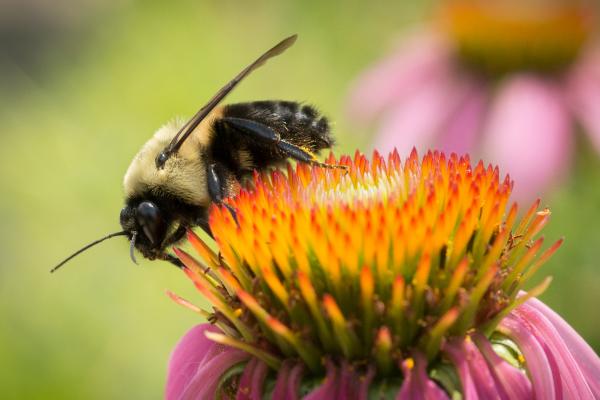There are approximately twenty thousand different species of bees, but when you picture one, a striped black and yellow furry insect comes to mind. Interestingly, the largest of bees is around 40 millimeters long while the shortest is just 2 millimeters, but even the smallest of bees are vital to the planet. And, in this…
Category: Ecology and Environment
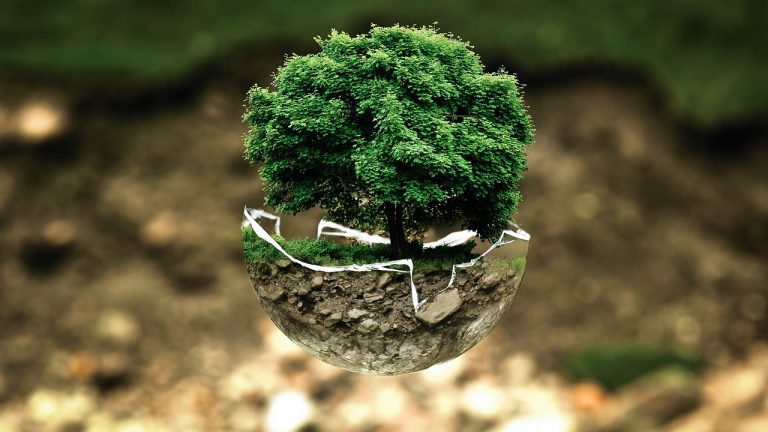
6 Things No One Will Tell You About Deforestation
As we know that deforestation is the removal of a forest or stand of trees from the land for it to be converted into a non-forest use, it can involve the conversion of forest land to farms, ranches, or for urban usage. Tropical rain-forests are somehow the ones to be eradicated by deforestation, resulting in…

Visible Climate Change Effects to Everyone
Have you ever heard someone complaining about the harshest winter they’ve ever faced or the hottest summer they’ve known in their entire life? Well, believe these people, especially if someone who has been on this planet for over 40 years, they have seen the real change happening and here it’s about the climate. For over…
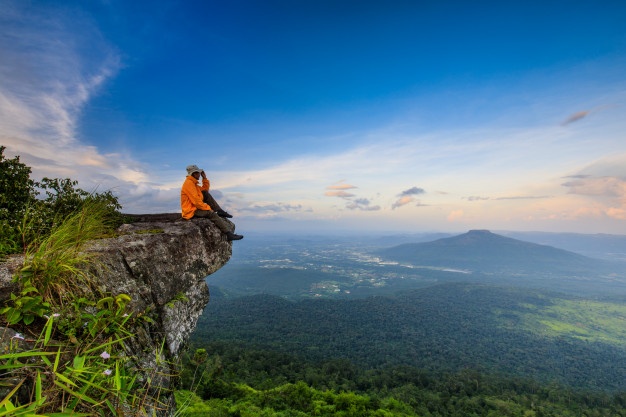
14 Hike Hacks Every Hiker Needs
Whether you’re planning to tackle a local trail or a more adventurous hiking expedition like climbing Mount Everest, every hiker can always benefit with some hike hacks and tips that can not only help them achieve their destination but also make for a more enjoyable voyage. Biodegradable Tape One of the worst fears of every…
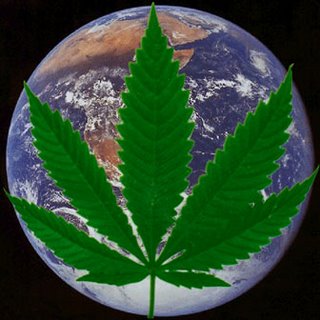
How Hemp Plastic Can Save the World
The world continues to use plastic when hemp is, by all means, a better alternative. In this post, we will have a look at how hemp plastic could save our planet from further pollution. Normally, it takes between 500-1,000 years for plastic to degrade. There is so much plastic thrown away every day that it…
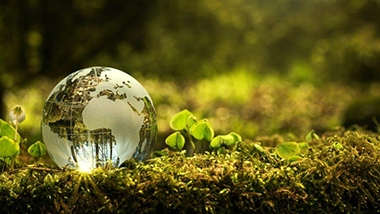
Let’s Know More About Hazardous and Non-Hazardous Waste Recycling
With everyone around the world becoming environmentally conscious, there is the thing of hazardous and non-hazardous waste that preoccupies almost everyone. According to Wikipedia, hazardous wastes are wastes that have substantial or potential threats to public health and the environment. Hazardous wastes are most of the times industrially produced, and these are responsible for the…

5 Ways to Convert Excrement into Environmentally-Friendly Use
Recycling of excrement, which refers to human waste – feces and urine, has several benefits. On average an individual produces fifty liters of feces and five hundred liters of urine. In this post, we will see that rather than disposing that human waste in landfills or releasing it in nature, excrement may be exploited in…
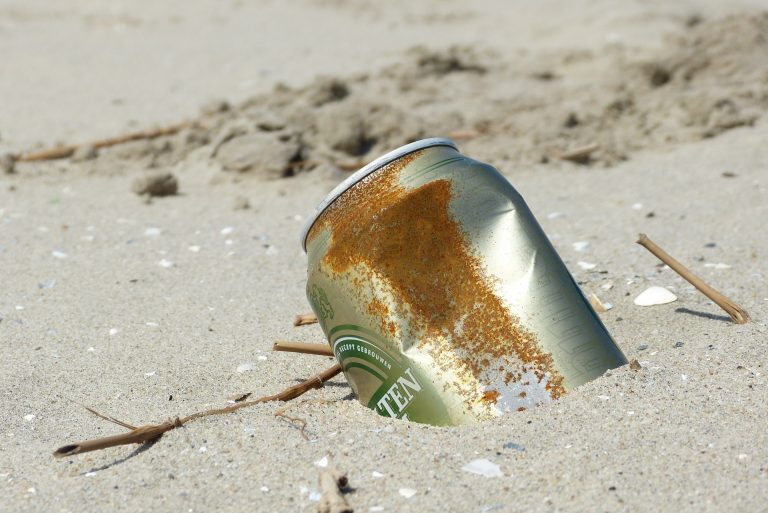
7 Easy Ways to Reduce Ocean Plastic Pollution
With skyrocketing plastic production and low levels of recycling, our poor waste management of plastic pollution is still one of the greatest concerns of our ocean health worldwide. Between 4 and 12 million metric tons of plastic fill the ocean each year. This amount of plastic can cover every foot of coastline on the planet!…
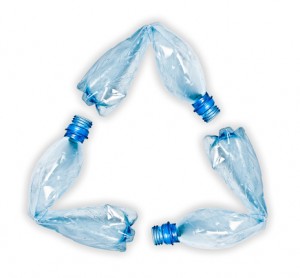
Effect of Recycling Plastic Water Bottles on the Environment
With the invention of plastic so many things changed in our daily lives so we need to ask how to recycle plastic bottles? Glass bottling started to become obsolete and plastic became the answer to packaging items. The popularity of plastic became a huge problem since humans now use almost 20 times more plastic than…

5 Tips When You’re Stuck In A Hurricane
When hurricanes or tropical storms are forecast to reach us, we often go into a panic and fear the worst about the coming storm. The uncertainty of the storm provokes a certain in anxiety in most of us. Some of those fears are very real, as government officials ask residents to evacuate areas directly in…

